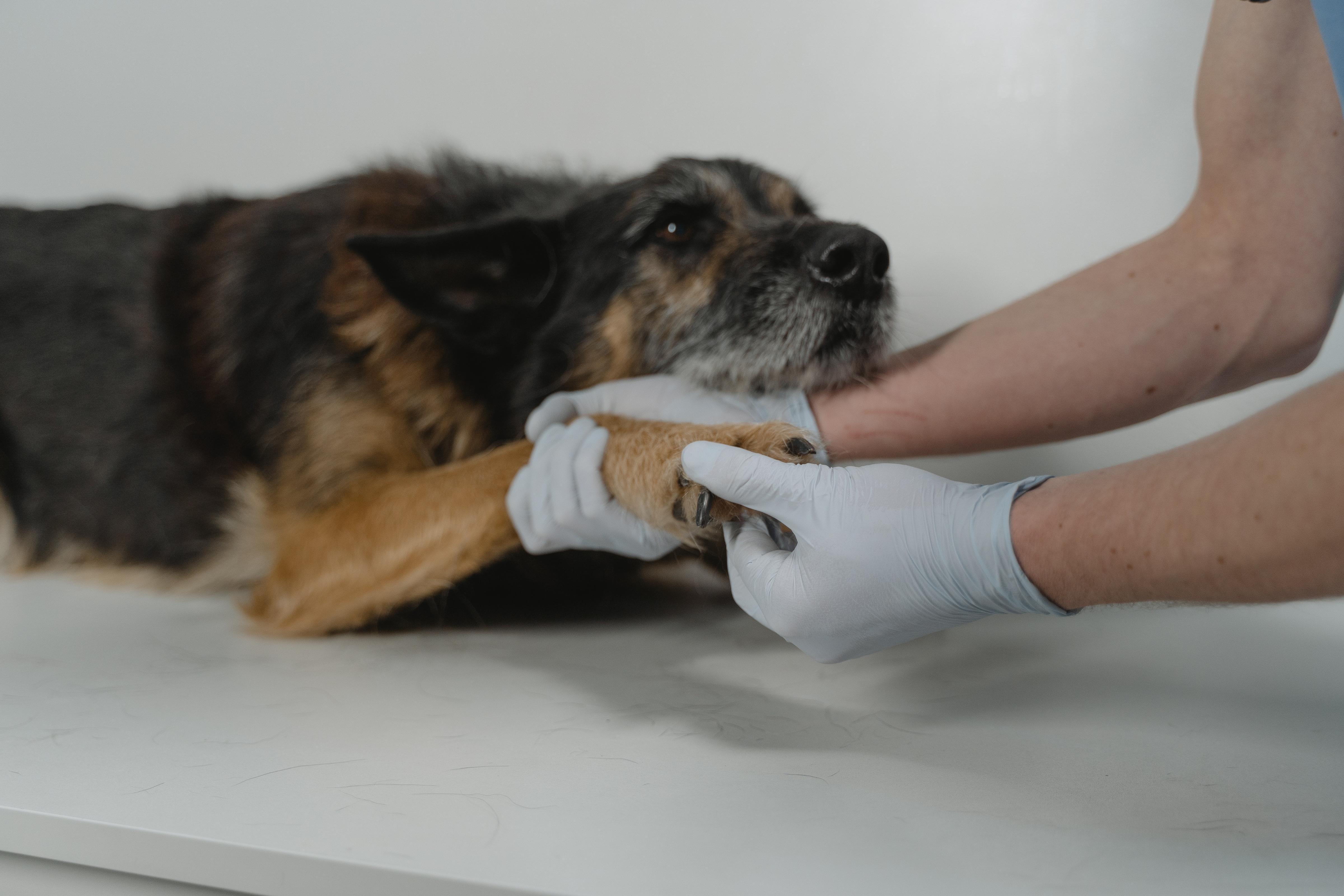
HGTD This Week: BRR updates on SOD 1 testing for Degenerative Myelopathy (DM)
A recent research commentary paper, DEGENERATIVE MYELOPATHY-DIAGNOSIS AND INHERITANCE - Dr. Jerold Bell, from a lecture presented at the World Small Animal Veterinary Association 2021 Virtual World Congress 13 Nov. 2021 has summarized and clarified information on the clinical diagnosis and use of genetic testing for degenerative myelopathy (DM). Please see linked references below for more details.
Due to this new information, we have taken the decision to update the breed relevance ratings (BRR) to reflect these concerns and considerations. We will be adding in key comments to all breeds where SOD 1 variant testing may be frequently undertaken, to reflect the changes in recommendations for test usage and application. The breeds impacted by this information include those who may commonly test for DM as part of breeding programs.
When DM testing is offered not specifically to a breed, for "all" dogs, or for mixed breed dogs of unknown origin, owners should be aware of risks associated with misunderstanding or misusing the test results, including:
- misdiagnosing DM in a dog affected with another treatable or non-fatal disease
- basing breeding or health management decisions on a test result in a breed where the presence of the variant is not considered risk-associated (e.g. French Bulldogs)
- prioritizing a risk-variant for a rare condition that may not have been clinically observed in a breed, over other more common, well-understood, or higher impact breeding and health concerns
Changes to the BRR
Breed relevance ratings (BRR) are dynamic, and will change to reflect additional research or expert comment. As with any genetic test, the test result should be considered in balance not only with relative risk and welfare implications specific to the disease or trait being tested for, but also within the broader context or Big Picture of health and welfare (e.g. behaviour, clinical exams, inbreeding, etc.) Given the reported low correlation between the presence of SOD 1 mutation and diagnosis of DM, the BRR have been changed to better reflect the low prediction of risk, and unknown clinical presence of DM in the vast majority of dogs.
When considering testing for DM, it is important to remember:
- DM is a rare, complex condition, with an unknown number of genetic variants and possible environmental factors that determine both inheritance and clinical disease
- SOD1 and SOD 2 are only 2 variants that have been identified as contributing to risk, and they are known to have low prediction of disease risk
- The majority of breeds and dogs where the test is offered have not had breed-specific research to indicate relevance
- The majority of breeds where the test is offered have not had a confirmed clinical diagnosis of DM
- DM testing, at best, rules out DM. It is not recommended in most cases to be used as part of breed-wide breeding schemes and certainly not diagnostic.
A reminder of the BRR rating system:
![]() Some, moderate or strong evidence from available research. The test may be meaningful or recommended for this breed.
Some, moderate or strong evidence from available research. The test may be meaningful or recommended for this breed.
![]() Currently no evidence of relevance for the use of this test in this breed, or the test is not known in this breed. This rating should be expected to change as evidence becomes available.
Currently no evidence of relevance for the use of this test in this breed, or the test is not known in this breed. This rating should be expected to change as evidence becomes available.
![]() All current available evidence has been reviewed, but relevance is inconclusive, and/or the clinical form of the disease has never been seen in this breed.
All current available evidence has been reviewed, but relevance is inconclusive, and/or the clinical form of the disease has never been seen in this breed.
![]() All current evidence indicates that the test is not meaningful or recommended in this breed.
All current evidence indicates that the test is not meaningful or recommended in this breed.
See the article: DEGENERATIVE MYELOPATHY-DIAGNOSIS AND INHERITANCE
Also see DogWellnet Blogs:
Correcting the confusion around degenerative myelopathy - Dr. Brenda Bonnett
Infographic - Quick Facts on Degenerative Myelopathy and Genetic Testing
(photo: T. Miroshnicheko via Pexels)


Recommended Comments